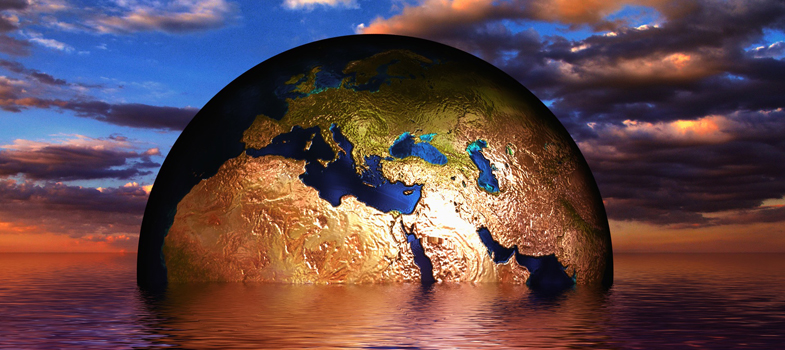7.3 Networking
Networking is, however, more widely applicable than the decision-making and problem-solving applications linked to collective intelligence. Networks can allow information and experiences to be shared, action to be organised, news to be disseminated, coalitions to be formed and ideas to be discussed. One example is ‘Global Deal’ which was launched at the UNFCCC meeting in Bali in December 2007 and tracks international negotiations towards a ‘global deal’ for future action. It provides a forum for analysis and debate about the international politics of climate change, exploring the connections between international agreements and local actions, regional relationships and global responsibility. Relevant areas in such a network are broad, covering business initiatives, civil society movements, technological solutions and political choices.
Some networks may link existing groups to form coalitions, and these can be medium to long term (such as ‘Stop Climate Chaos’) or short term relating to specific events (such as individual G8 and G20 summits, or particular climate camps and social forums). Through networking, in April 2009, Stop Climate Chaos was able to collect and deliver over 85,000 messages calling for renewables instead of new coal to the Energy Minister. Networking also allows the promotion and organisation of mass events such as the December 2009 climate march in London. Moreover, on national and international ‘days of action’, separate events can be coordinated to form a distributed community of active participants who can share experiences. Networks can exist at any scale – global, national, regional or local – even within the same organisation. For example, Greenpeace International networks around the world and there are numerous national offices as well as local and regional groups and networks within those countries.
7.2 Collective Intelligence
